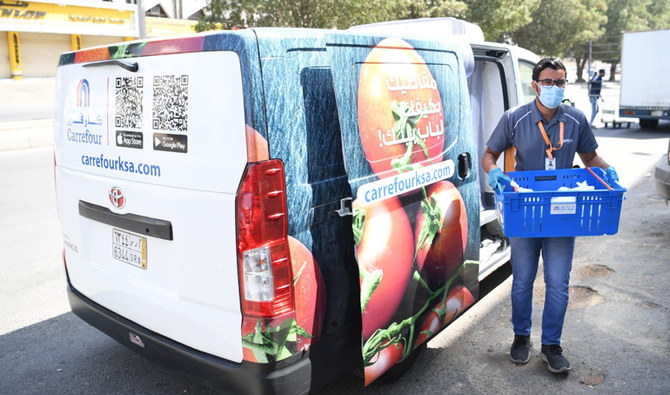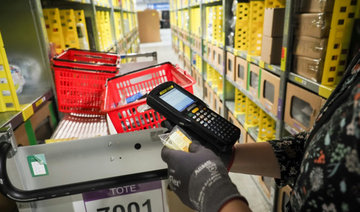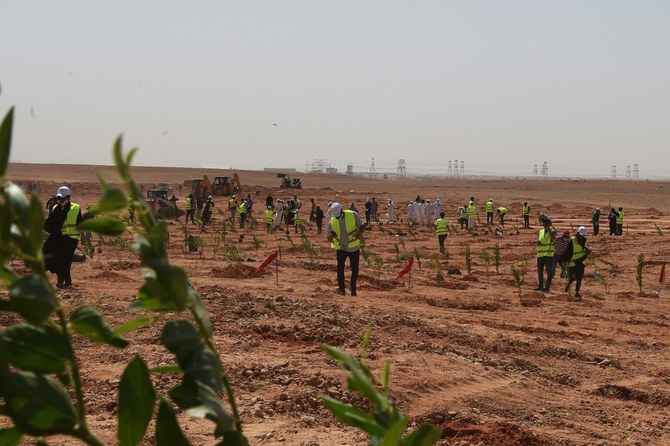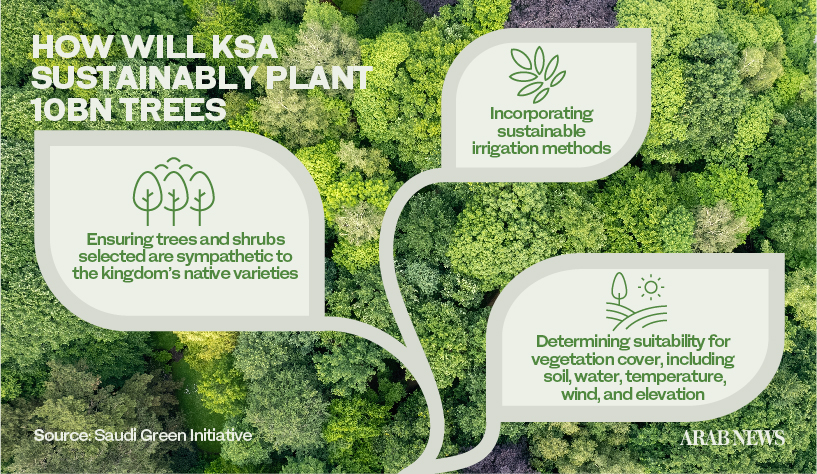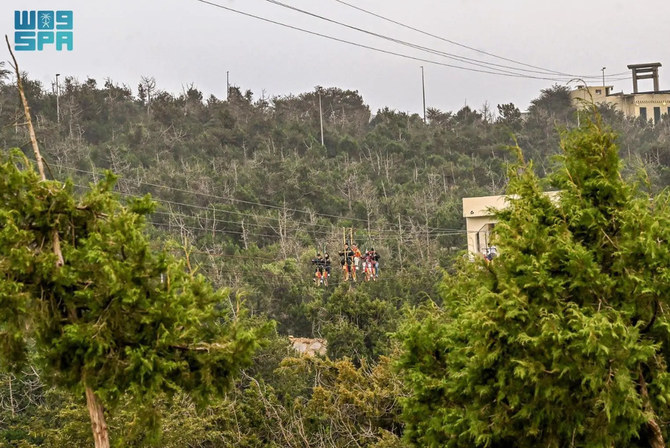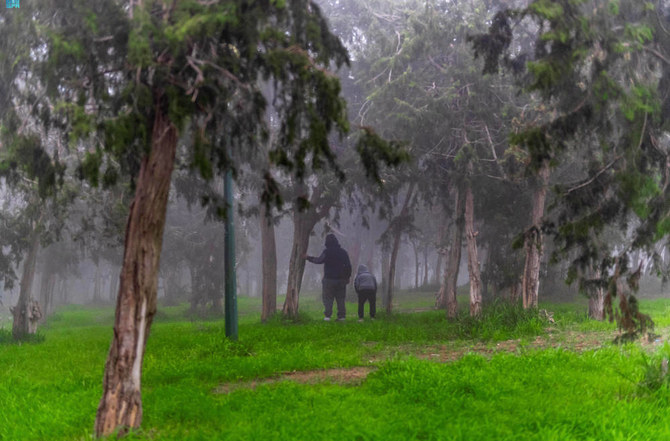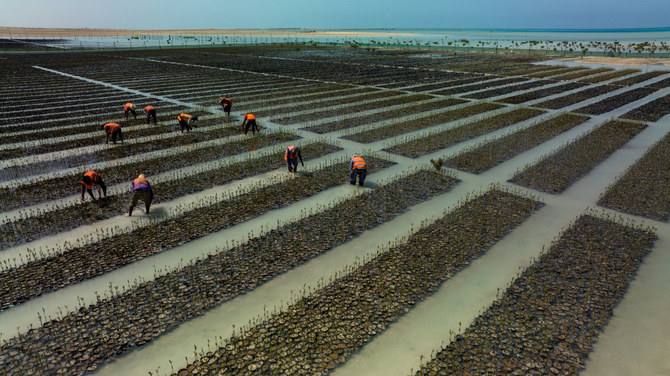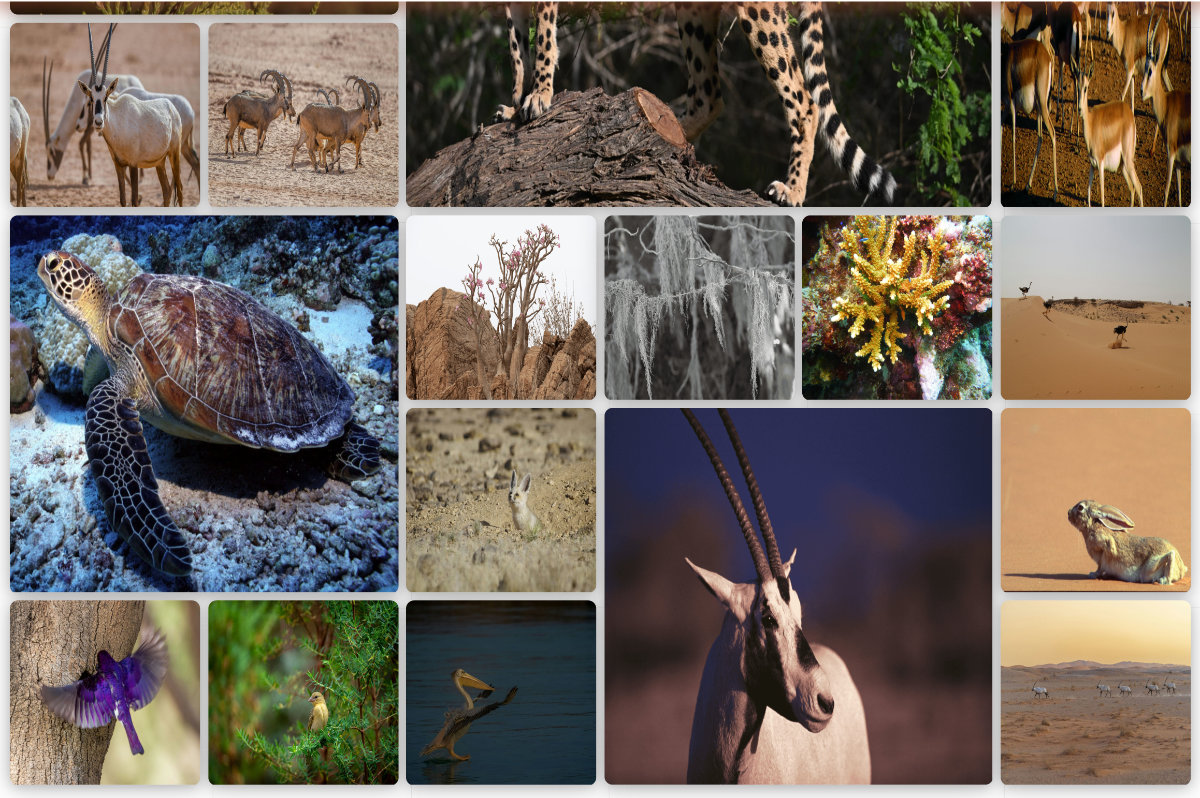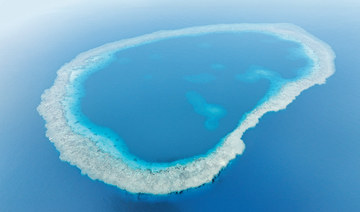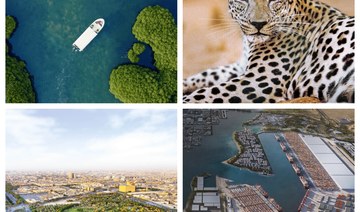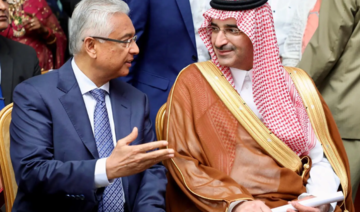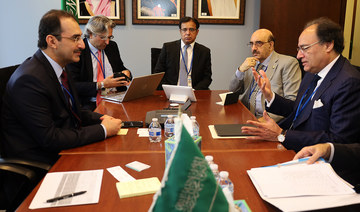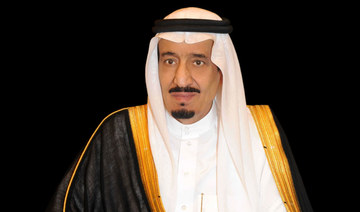JEDDAH: Saudis continue to shop online despite the government easing the COVID-19 lockdown, with the surge in e-commerce prompting small and medium-sized enterprises to adapt.
E-commerce saved global retail markets from collapse and stopped consumers from having to go out during the first wave of the outbreak. However, SMEs were the most vulnerable to the pandemic’s consequences and e-platforms played a crucial role in their survival.
Saudi Arabia’s consumer behavior was transformed during the COVID-19 lockdown as soon as stores were ordered to shut their doors, creating a frenzy among consumers although they were quick to adapt. SMEs were also forced to adapt, not only to accommodate the growing demand for online shopping but to ensure they survived with minimal losses.
Marion Janson, the chief economist at the UN’s International Trade Centre, said in June that around 20 percent of SMEs globally may not survive the pandemic.
A recent report from Visa revealed increased anxiety among merchants in Saudi Arabia, with 67 percent of small businesses noticing a decrease in average consumer spending.
Many Saudi consumers started shopping online for the first time, primarily for essentials. The Visa report showed that two-thirds of the Saudi consumers surveyed said that COVID-19 led to their first online grocery purchase, while 59 percent made their first online purchase from pharmacies.
“With the confusion at the beginning, we didn’t know what was acceptable and what wasn’t,” said Dr. Suhad Zain, a government employee in Jeddah. “Can we risk going out to shop for our daily needs or not? We needed to be sure that everyone in the house was safe, including the driver, and not expose ourselves to the invisible menace that changed our lifestyles. Most of our groceries were obtained online, from produce to water bottles to even appliances and leisure items. It had to be done, even though we needed time to accept the new change.”
Fear of the virus is expected to change the way consumers behave forever. “It became more convenient even after the lockdown was lifted,” Zain added. “After a few months we got used to it and, as a family, it became our new preferred means of purchase.”
Such conditions were a catalyst for online commerce, according to the Visa report, with 38 percent of merchants in the country reporting the introduction of online offerings as a direct result of the pandemic while more than half had an e-commerce presence before the pandemic.

Two-thirds of the Saudi consumers said COVID-19 led to their first online grocery purchase, while 59% made their first online purchase from pharmacies. (GettyImages)
The report also said there was a surge in e-commerce, a preference for trusted brands, a decline in discretionary spending, and a polarization of sustainability. Consumers have a larger basket, but reduced shopping frequency, and will shift to stores closer to home. A change can easily be detected in Saudi consumer behavior.
But the shift to online commerce, with cash transactions being replaced by digital payments, has negatively influenced cash-only retailers and presents a tough challenge to these merchants, who have to understand the shift in consumer behavior and adapt accordingly and urgently.
“Saudi business owners currently face multiple challenges that they need to deal with when they want to shift to e-commerce, some of them even lack the knowledge of how technology could benefit them and what options it could offer,” Talal Abdullah, a business development and marketing consultant, told Arab News.
“Also some will need to find a technical partner to successfully transform to e-commerce and, most importantly, they need to revisit their business model canvas to determine how they want to employ this technology for the best of their businesses.”
In order to overcome these challenges, Abdullah suggested that business owners look for the right technical partner based on their new model.
“If they fail to find a suitable technical partner, then they need to set a clear budget for the application or website they need to set up. But before reaching out to any company that offers support with these technical services, you must get in touch with real clients of these companies and inquire about their business and how they deal with them.”
He added that seeking assistance from technical consultants or owners of similar projects could cut down on time and effort. Joining business accelerators and incubators, as well as entrepreneurship and technology communities, could help with expanding knowledge and relationships and contribute overall to a smoother transition.
But these changes have their costs too, imposing new financial burdens on an already weakened business due to the pandemic and the time required to build and adapt a new business model that targets a completely different group of customers. It is a serious challenge for many small retailers.
Abu Mohammed has been in the retail business for 20 years. He used to have frequent customers who came in for a specific type of clothing with a certain price range. But, with the lockdown, he could hardly sell anything.
“I began targeting a different kind of customer in the past couple of years where I was importing new clothes and selling them through Instagram and e-commerce websites,” he told Arab News. “However I still cannot completely substitute my current store with a completely virtual one. That needs time and money to build a reputation.”
He said the lockdown had been a harsh experience for him and that he recognized the need to expedite his old plans to transform his store into an actual brand, since people were gradually moving toward online shopping from well-known brands.
“This transformation is not going to be easy at all,” he added. “It will need a good marketing plan and well-spent money not only on tools but also staff. It is a completely new experience, however. I know e-commerce is here to stay and it is our only way forward. Otherwise my work for years will gradually vanish. This crisis could be a blessing in disguise, who knows.”



